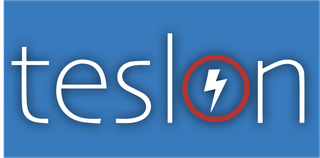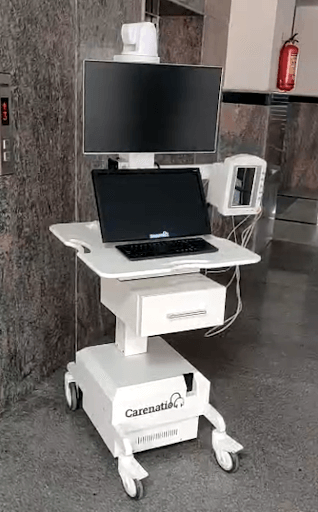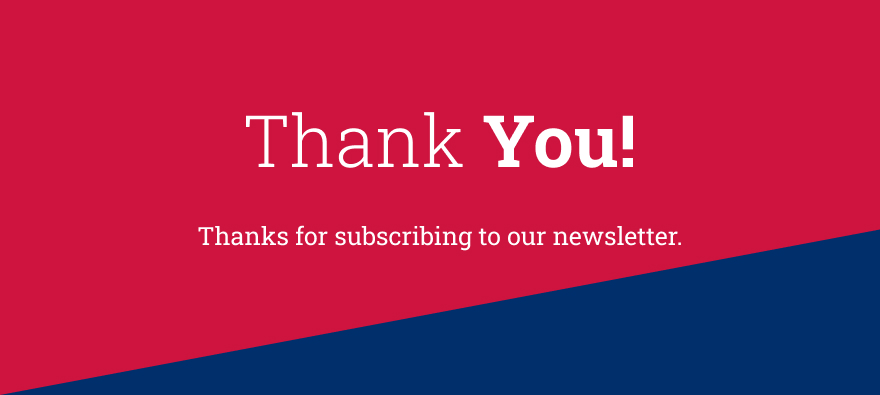Teslon Technologies
Remote Tele-ICUs for Critical Care


CURRENT IMPACT
As on August 2023
5
Carenation units deployed in Rajasthan, Karnataka, and Tamil Nadu
10,000+
consultations provided through Carenation

Geographical Focus
- PAN India, with focus on Rajasthan, Telangana, Kerala, Karnataka & Tamil Nadu

Potential Impact
- Reach
5,000
critical care patients

Harsha Muroor Founder and CEO, Teslon Technologies

At Teslon, we are driven to solve the challenges of accessibility of care to the people in need through best-in-class technology. Being a bootstrapped healthcare startup, cash-flow has always been a challenge that has impeded our scale-up. The support from SAMRIDH, and the additional leverage it provides , will aid immensely in scaling our critical care offerings to reach Tier 2 and 3 towns in India.

Samridh support
The catalytic funding from SAMRIDH has enabled Teslon to unlock additional scale capital, in the form of debt funds from a financial institution. Through this support Telson is expanding its tele-ICU operations to non-urban regions of India, and is on the path to becoming operationally and financially sustainable.
India has only 2.3 critical care beds per 100,000 population – far less in comparison to developed countries like South Korea and Singapore which have 10 to 11 beds for the same population. The challenge of providing an adequate number of beds is further exacerbated due to the COVID-19 crisis and transitions in the health profile of the population. There is a steady rise in caseloads and hospitalizations, and with having to shift patients to hospitals in urban areas, there is also delay and increase in cost of treatment. Due to these roadblocks many patients do not receive timely intervention, leading to complications and preventable mortalities. Therefore, there is an urgent need for innovative and context-specific solutions to optimise the utilisation of healthcare specialists and augment India’s critical treatment facilities.
Carenation

Carenation, a remote tele-ICU solution by Teslon is a single-unified tech-enabled platform that facilitates continuous data collection and monitoring of patients. It enables physicians and doctors to remotely monitor patients in underserved areas, and provide timely critical care to them. This solves the problem of limited critical care infrastructure and workforce by using technology to reach the underserved parts of the country. By minimising contact with patients, Carenation also reduces the risk of exposure for highly communicable diseases for healthcare workers, doctors and specialists. The large dataset generated by Carenations can be used to train AI models to assess the health risk of a patient and predict the probability of complications to enable timely decisions. Teslon is also exploring its potential for enhancing the capability of intensivists to address a larger volume of patients at a time. Being a remote telecare platform, Carenation will also lead to a reduction in out-of-pocket expenditure for patients, who would otherwise spend a significant amount on travel and accommodation.
Key Stakeholders


